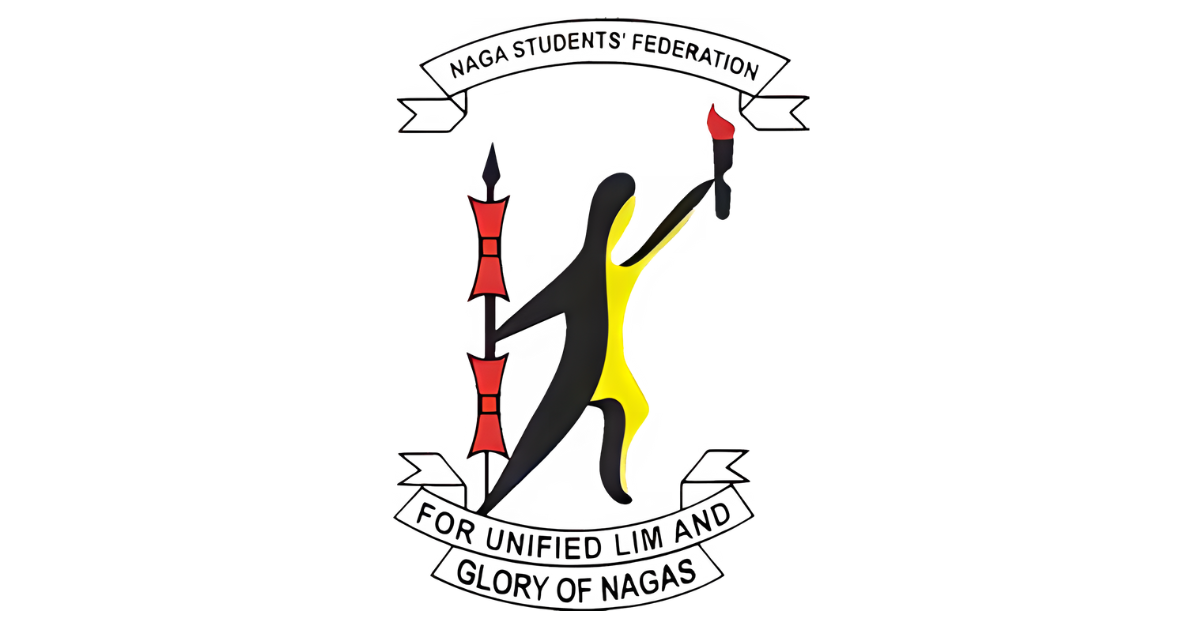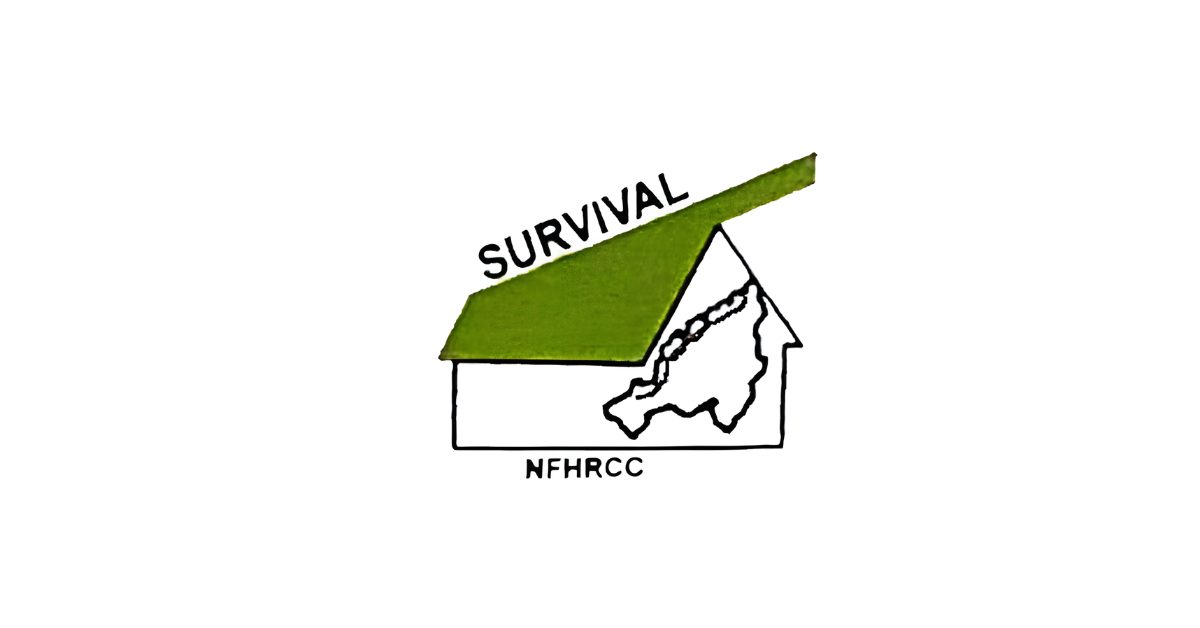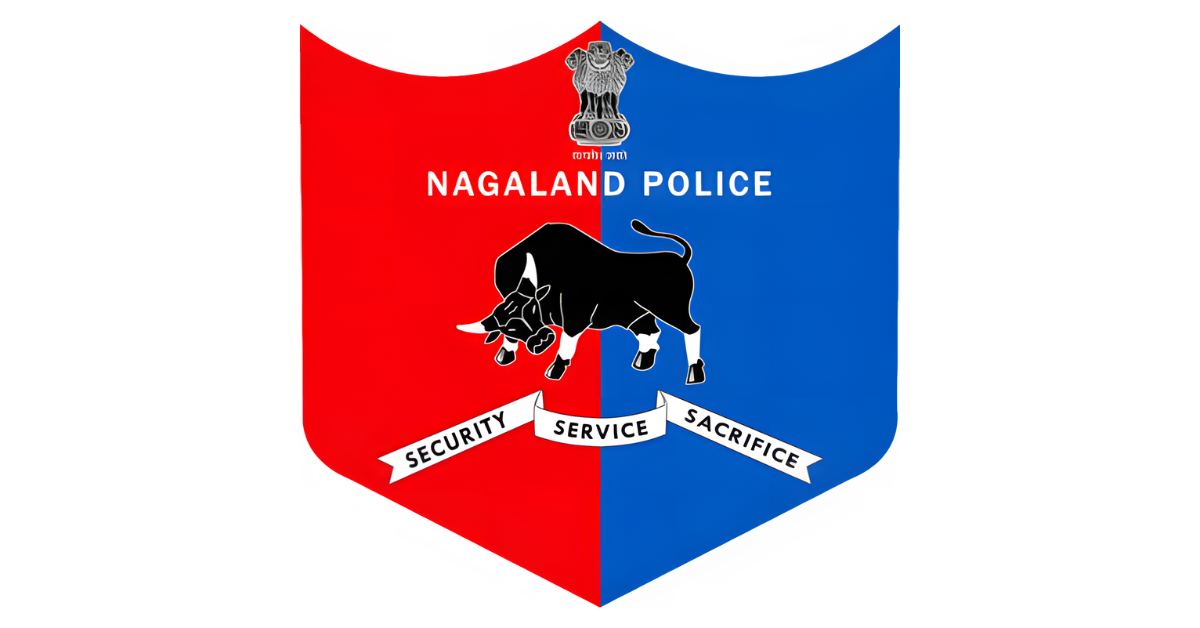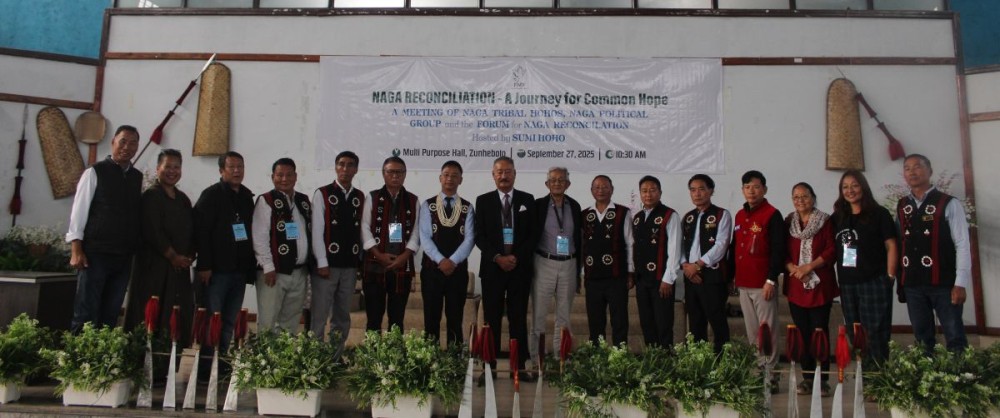The Inner Line Regulation Commission (ILRC) of the Naga Students’ Federation (NSF) has confronted the Rising People’s Party (RPP) after the party criticised a police recruitment policy restricting 1,176 constable positions to indigenous Naga tribes.
The October 1, 2025, dispute highlights tensions over identity and indigenous rights in Nagaland, where the RPP argues that non-Naga tribes face systematic exclusion from government opportunities.
Also Read:Nagaland Police announces recruitment for 1176 Constable posts
Police recruitment sparks political confrontation
The Nagaland Police announced in late September 2025 that applications for constable positions would open from October 6 to November 7, 2025. The notification specified eligibility for “Indigenous Naga Tribes of Nagaland” only, with minimum educational requirements of Class 6 for Backward Tribes and Class 8 for other Naga tribes. Applicants must pay a Rs 300 non-refundable fee, and the age limit extends to 38 years.
The RPP published criticism in local newspapers, calling the exclusion a policy failure that continues marginalising non-Naga minorities. The party argued that non-Naga indigenous tribes should receive backward quota benefits and that their livelihoods should not be compromised by majority politics.
NSF rejects Non-Naga indigenous classification
The NSF-ILRC questioned whether “non-Naga indigenous tribes” exist in Nagaland. The federation stated that Nagas are the only indigenous people of Nagaland and other Naga-inhabited areas. While acknowledging that other tribes and communities have settled in Naga territories over time, the NSF maintained that migrants cannot be classified as indigenous.
The federation cited United Nations definitions of indigenous peoples, arguing this status preserves the distinct identity of original inhabitants. The NSF stated that calling migrants indigenous undermines the sanctity of Nagas who have lived in these lands since time immemorial. The organisation added that the RPP’s position displays ignorance about Naga uniqueness in their ancestral homeland.
Also Read: Dick Van Dyke’s tap dancing performance at 93 brought Mary Poppins Returns cast to tears
Recognition for pre-statehood settlers
The NSF acknowledged that non-Nagas who settled in Nagaland before December 1, 1963, when the state achieved statehood, deserve suitable legal status. The federation urged the government to grant these early settlers proper recognition and appealed to them to register their claims to prevent their status from being diluted by later arrivals.
The NSF stated that the Nagaland government’s decision regarding indigeneity is appropriate and that Naga indigeneity to their ancestral land remains intrinsic. The federation called on early settlers to secure their recognition through proper registration rather than being influenced by unnecessary fears.




